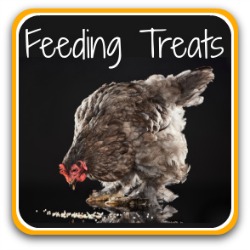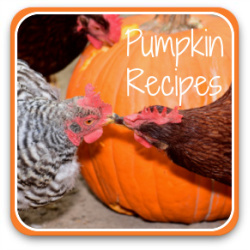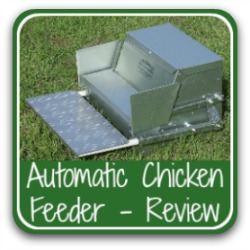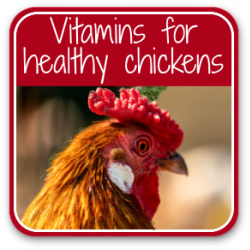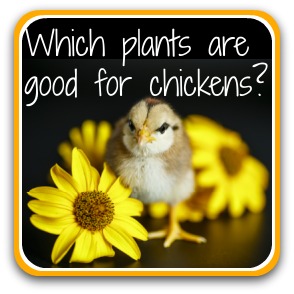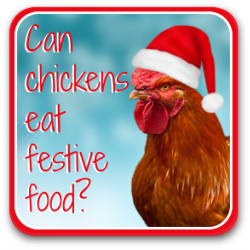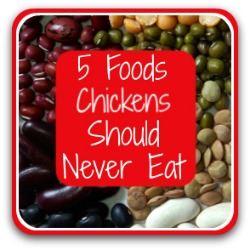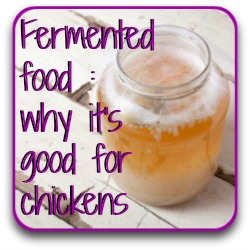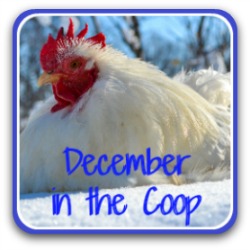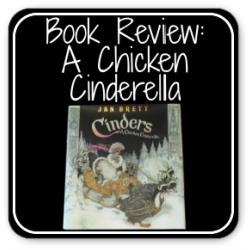Can chickens eat pumpkins? The facts for healthy flocks.
Can chickens eat pumpkins?
Yes, and mine absolutely love them!
Pumpkins are one of the healthiest seasonal treats you can give your flock. They’re full of vitamins, minerals, and antioxidants that help boost immunity and support egg health.
Best of all, they’re fun for hens to peck at, keeping them busy as the days draw in.
With pumpkins so plentiful in autumn, it’s the perfect time to stock up. And with a little preparation, you can keep the benefits going right through the year.
🪶 Featherlight Takeaways.
Quick insights from this article – especially helpful if you're looking for safe autumn treats for your flock.
🎃 Chickens can eat the whole pumpkin: flesh, skin, and seeds are all healthy.
🥕 Pumpkins provide vitamin A, potassium, zinc, and vitamin E.
🪱 Seeds give an extra nutrient boost, but they’re not a proven wormer.
⚖️ Offer pumpkins as a treat, not a full replacement for balanced feed.
🧊 Freeze purée or slices so your flock can enjoy pumpkin year-round.
If you're looking for something specific, these links will help.
How to feed pumpkins to your chickens.
One of the best things about pumpkins is how easy they are to serve: simply cut one in half and place it in the run. Your flock will happily peck away at the flesh, skin, and seeds.
It’s a ready-made enrichment activity (giving the chickens something to peck at and occupy them positively) and a nutritious snack in one.
Pumpkin seeds are especially rich in vitamins and minerals. Some people like to chop them, but there’s really no need. Chickens can manage the seeds whole without any problems.
🐥 A note from my flock: every autumn, I take a few pumpkins into the run. I don't prepare them, just cut in half and let the flock take over.
It never fails. My chickens dive straight in and eat the lot, seeds and all (although they do leave the skin). It’s one of their favourite treats, and watching them makes pumpkin season even more fun for me!
Take a look...
A quick note of caution.
Stick to fresh pumpkins when feeding your flock. Canned pumpkin can be a good option, but only if the label shows it’s 100% pure pumpkin with no added sugar or flavourings.
Avoid canned pie filling altogether. It usually contains syrups and spices that aren't safe for chickens.
Alternatively, it's easy to make your own pumpkin purée at home (and you’ll know exactly what’s in it!). Find out how in this article of Poultry Pumpkin Recipes.
Can chickens eat pumpkin seeds?
Yes. In fact, the seeds are the most nutritious part of the pumpkin.
There's no need to cut them up. Chickens can swallow and digest whole seeds without a problem.
The health benefits of pumpkin seeds for chickens.
Pumpkin seeds contain concentrated amounts of the key nutrients your flock needs for strong immunity and healthy development:
- Vitamin E: vital for the immune system, protecting against (but not curing) conditions like coccidiosis and e.coli.
- Lack of vitamin 'E' causes wry neck in chicks; pumpkin seeds can help restore the balance.(1). Also found in sunflower seeds.
- Zinc: concentrated in the thin membrane under the outer shell of the seed, so leave seeds intact. Zinc supports bone health and chick growth(2).
- Potassium: also contained in pumpkin flesh, helps chicks develop and supports hens in hot weather(3, 5).
Are pumpkin seeds a natural wormer?
You’ll see claims online that pumpkin seeds "naturally deworm" chickens. Research has not proven this: chickens have never been the focus of studies, and it's not possible to assume that because they work on mammals they'll do the same for poultry.
So feed pumpkin seeds as a healthy treat, but don’t rely on them for worm control. If you see worms in droppings, use a proven treatment recommended by a vet.

The nutritional value of pumpkins for chickens.
Pumpkin isn't just a seasonal treat, it's a powerhouse of nutrition that supports your flock's health, especially through autumn and winter when fresh greens are harder to find.
Low in saturated fats, one cup of raw pumpkin contains only 49 calories. Yet it's packed with vitamins, minerals, and antioxidants.
- Vitamin A (beta-carotene): essential for cell regeneration and a strong immune system.
- Deficiency of Vitamin A can leave chickens vulnerable to respiratory infections like Infectious Coryza(4).
- Frequent blood spots in eggs can be a sign of Vitamin A deficiency. Pumpkin is one of the best natural fixes.
- Potassium: helps young chicks develop strong muscles and bones, and supports adult hens in coping with extreme summer heat(3, 5).
- If you plan to hatch your own chicks, feeding hens pumpkin two weeks (or more) before collecting fertile eggs can give embryos a healthy start(2).
- Antioxidants: help fight cell damage, boost overall vitality, and contribute to the vibrant orange yolks many chicken keepers love to see.
Are pumpkins safe for chickens?
(And how much is too much?).
As with any treat, moderation is key.
Pumpkins should only ever supplement your flock’s regular balanced feed, not replace it. Think of them like you would a vitamin boost: healthy and useful, but not the main meal.
Two safety points to keep in mind:
- Rodents: always clear away any leftover pumpkin at dusk. Pumpkins left overnight are a magnet for rats and mice.
- Mould: don’t feed pumpkins that have gone soft, mouldy, or waterlogged. Spoiled food is no better for chickens than it is for us.
Fed fresh and in sensible amounts, pumpkins are a safe, nutritious treat your flock can enjoy throughout autumn and beyond.

How to store pumpkins for year-round health.
Pumpkins don’t last long once cut, but you can easily preserve them for later.
- Scoop out the flesh and seeds, then freeze in small portions for use in winter or summer.
- Add to scrambled eggs, rice – or frozen chicken treats in the summer when your flock needs a boost to help with heat stress.
- Use to create one of my Poultry Pumpkin Treat recipes!
- The empty shells can go straight onto your compost heap if your chickens don't eat them, so nothing is wasted.
 In Italy it's possible to buy slices only - convenient if you have a small flock.
In Italy it's possible to buy slices only - convenient if you have a small flock.Frequently asked questions about chickens and pumpkins.
Can chickens eat raw pumpkin?
Can chickens eat raw pumpkin?
Yes. Raw pumpkin is perfectly safe and actually the healthiest way to serve it. Just cut it open and let your flock peck away.
Can chickens eat pumpkin seeds?
Can chickens eat pumpkin seeds?
Absolutely. They’re rich in Vitamin A, Vitamin E, and potassium. No need to crush them: they handle the whole seeds without any problem.
Are pumpkin seeds a natural dewormer?
Are pumpkin seeds a natural dewormer?
Despite the internet myth, there’s no scientific evidence that pumpkin seeds kill worms in chickens. They’re still a healthy snack, but don’t rely on them as a wormer.
Can chickens eat pumpkin skin?
Can chickens eat pumpkin skin?
Yes, but they will often ignore it for the flesh and seeds. They may nibble the skin once the flesh is gone. If it's left, always collect it before dusk – and use it in your compost heap if you have one.

More articles about healthy chicken food.

Sources and further reading.
A lot of "facts" you'll find on the internet are often people's individual views, based on inaccurate information repeated from poor quality sources.
The information I provide in this article and others is based not just on my own experience, but on evidenced facts from scientific, peer-reviewed research and from highly respected and experienced poultry keepers such as Gail Damerow.
Some of the sources I have used in this article are these. Click the link to read the full document:
New order:
1. Dinev, I: Diseases of poultry: Vitamin E deficiency. Pub. The Poultry Site, 2014.
2. O'Dell, B et al: Zinc deficiency and peripheral neuropathy in chicks. Pub. US National Library of Medicine, 1990.
3. Baloš, M: Electrolytes in poultry nutrition. Pub. Archive of Veterinary Medicine, 2016.
4. Blackhall, P: Infectious Coryza in chickens. Pub. MSD Veterinary Manual, 2018.
5. Ait-Boulahsen et al: Potassium chloride improves the thermotolerance of chickens exposed to acute heat stress. Pub. US National Library of Medicine, 1995.

